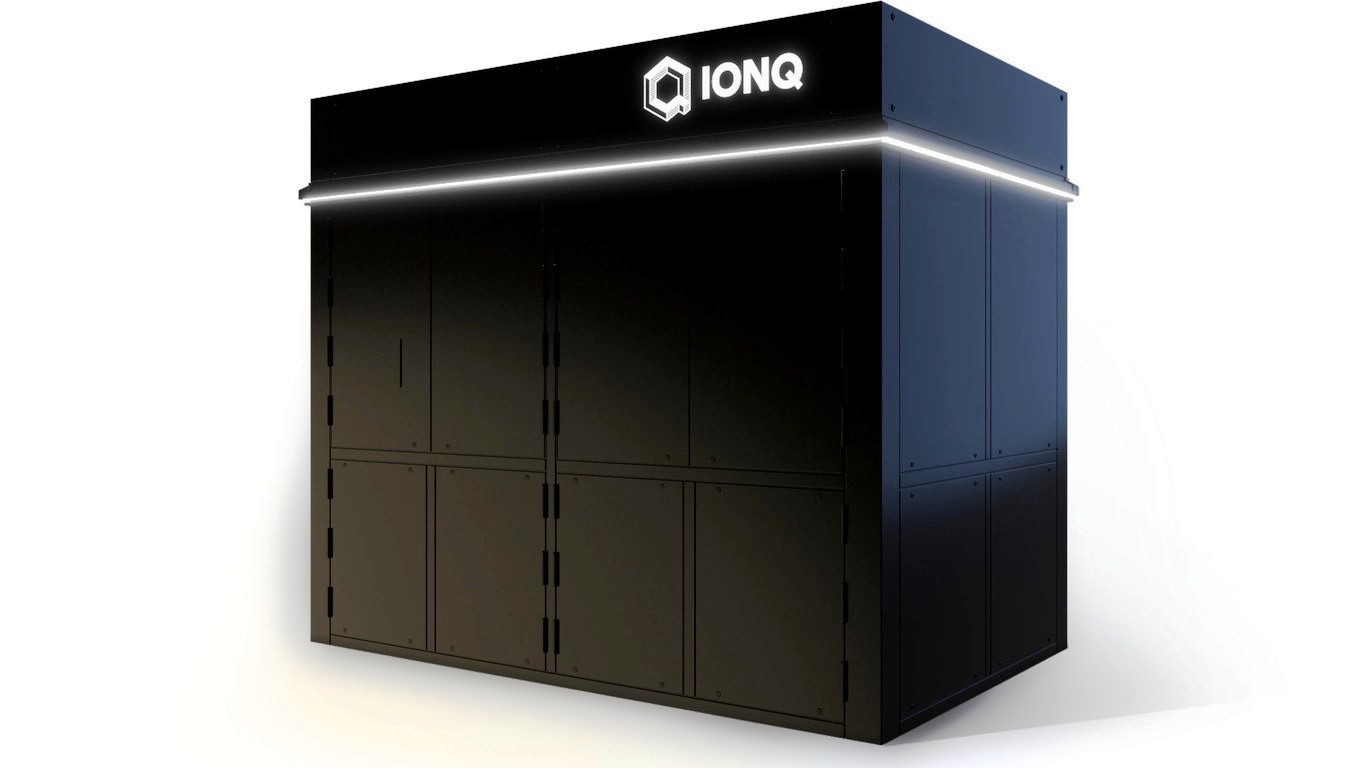
Shares of Qualcomm Inc. (NASDAQ: QCOM) were trading higher on Monday after Rumor Friday turned into Merger Monday. Broadcom Ltd. (NASDAQ: AVGO) did formally offer $103 billion, or $70 per Qualcomm share, to acquire the company.
The deal would combine Qualcomm as the leading back-end handset supplier with Broadcom’s leading front-end portfolio. Since Avago acquired Broadcom in early 2016 (before resurfacing as Broadcom), its shares have nearly doubled.
So far, Wall Street likes the thought of this deal. Investors might like the thought of Broadcom having a better relationship with the likes of Apple Inc. (NASDAQ: AAPL) as well. Still, many investors seem remain skeptical about a deal that is certain to face some of the toughest regulatory scrutiny.
On top of the Apple issue, Elliott Management has partnered up with UBS to force Qualcomm to raise its offer price for NXP Semiconductors N.V. (NASDAQ: NXPI) or to bring in new bidders for NXP. The company has an attractive product portfolio of chips, but its prospects under a standalone Qualcomm seem less certain.
Another issue to consider is that Broadcom was just recently praised by President Trump for announcing its intention to redomicile in the United States from Singapore. Some analysts and investors alike would put two and two together to decide that the timing of the announcement would be so that Broadcom can acquire U.S. semiconductor (or related technology) companies without a strong government review about core technology companies being acquired by foreign entities.
Qualcomm shares were up just 1.1% at $62.53 on Monday, versus a price of $55 before merger rumors broke on Friday afternoon. Its 52-week trading range of $49.92 to $70.24 might show where Broadcom came up with a $70 buyout price per share — but Qualcomm was an $80 stock back in 2014.
Michael Walkley of the firm Canaccord Genuity said of the proposed Broadcom and Qualcomm deal:
We believe the combination could create shareholder value through potential accretion, synergies, increased share with Apple and Samsung; in addition, Broadcom could potentially settle the licensing dispute with Apple in a more-timely manner than could Qualcomm, given Broadom’s strong relationship with Apple. Further, we believe Qualcomm and Broadcom are uniquely positioned for reaccelerating revenue and earnings growth as the market transitions to 5G.
Oppenheimer’s Rick Schafer said the proposed deal has unknown odds of being completed. Still, he likes the possibilities of an acquisition, and he sees obvious financial and strategic merits. Schafer said in his note:
We think a deal fits squarely into Broadcom’s playbook of acquiring companies trading at below-peer multiples with dominant market share, heavy customer/product concentration, and obvious cost synergies. Following years of underperformance, we believe Qualcomm shareholders would be eager to accept a ~27% premium to pre-offer reports as myriad overhangs (Apple, FTC, Korea, etc.) could take years to abate. Net, a deal would create a wireless, DC, and comm infrastructure powerhouse, and approximately 30% EPS accretion.
William Blair sees Qualcomm fighting back against the merger attempt. CNBC’s David Faber also said that Qualcomm’s acknowledgment is expected to be a rejection of the deal.
CFRA (S&P) raised its 12-month target on Broadcom to $300 from $275, based on higher 2019 revised earnings expectations. The firm said:
We think a combination offers significant revenue/cost synergies and is highly complementary. Broadcom has stated that its offer stands whether the QCOM/NXP Semiconductor is consummated or terminated. While we think Bradcom will ultimately need to increase its offer and note higher debt position, we see potential for robust cash flow for deleveraging.
Broadcom was maintained as Buy and the price target was raised to $300 from $275 at Nomura on Monday. Broadcom shares were last seen up 1.2% at $276.85 on hopes of getting the deal through.
Shares of NXP Semiconductors were up 1.5% at $116.73, above its buyout price.
Thank you for reading! Have some feedback for us?
Contact the 24/7 Wall St. editorial team.





